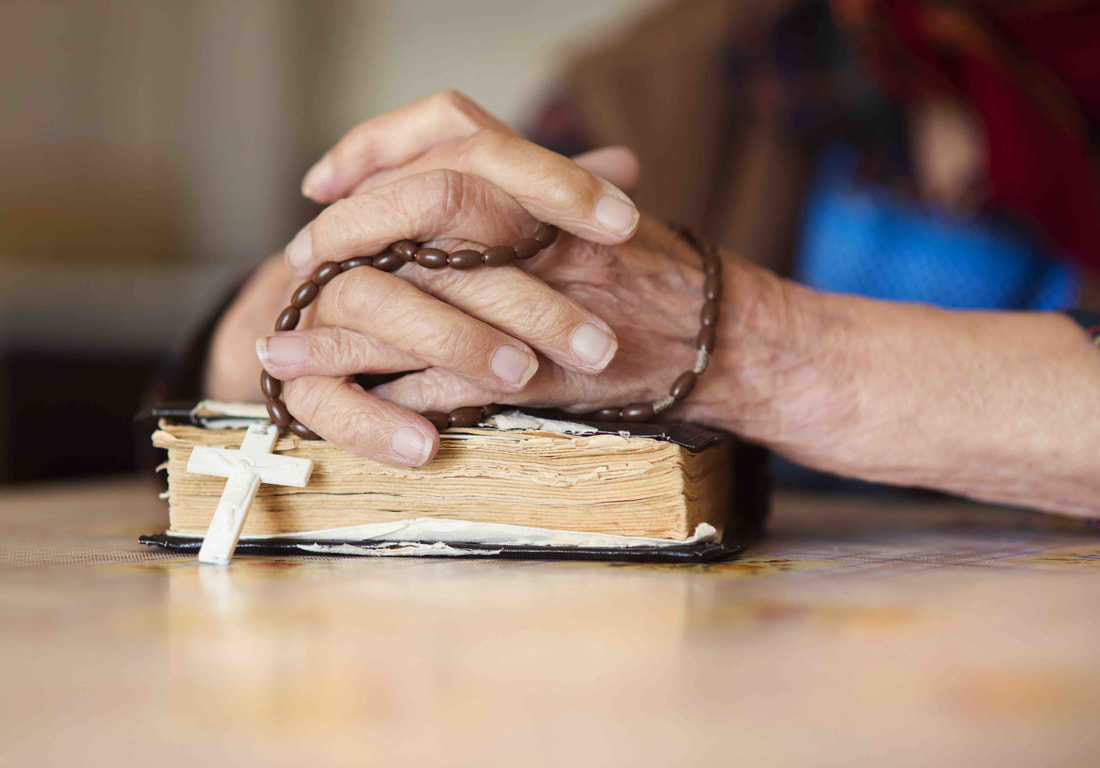|
It was the afternoon of New Year’s Eve when my 80-year-old mother called to say she wasn’t feeling well. I knew from the weakness in her voice that I had to get her to a doctor ASAP.
She had been fighting a cough for more than a week. Although I had seen her at Christmas and been calling daily to check in on her, I was shocked when I arrived at her condominium in Highlands. She was slouched on the couch wearing a nightgown that apparently hadn’t been changed for days. She looked pale and drawn, as if she hadn’t been eating or drinking enough fluids. The condo was a mess. The doctor took one look at her and more or less ordered me to take her directly to the emergency room at Riverview Medical Center in Red Bank. That night she was admitted with pneumonia. She remained in the hospital for nearly two weeks. Though it didn’t occur to me at the time, my mother was the victim of what advocates for the elderly call “self-neglect” – a shockingly common occurrence that promises to become even more prevalent as the population of older Americans swells in the coming years. A new report details just how common the problem is. “Across the United States, solitude has become a deadly threat for hundreds of thousands of senior citizens living at home,” according to an exposé published last week by the New England Center for Investigative Reporting. Investigative journalist Paul Singer reviewed data supplied by state adult protective service agencies across the country, including New Jersey. What he found was that last year alone, those agencies intervened in more than 142,000 cases to protect elderly men and women from self-neglect. That’s a huge number. But if anything, the data almost certainly “understates the problem, and probably dramatically,” Singer writes. “The elder abuse data is not complete,” confirms Alice Page, an adult protective service professional in Wisconsin. “It’s correct in terms of what’s reported, but there are so many cases that aren’t reported.” When the media reports on cases of “elder abuse,” it’s typically about some sort of criminal activity. That is, some bad actor – a greedy relative, a drug-addicted neighbor – commits theft or, worse, a violent crime. “But the most common threat,” Singer reports, “is self-neglect: an elderly person unable to provide for their own clothing, shelter, food, medication or other basic needs, and having no one to provide care for them. And it’s a problem that’s growing as the population ages.” Holly Ramsey-Klawsnik, director of research for the National Adult Protective Services Association, said self-neglect accounts for about two-thirds of all cases reported by state agencies nationwide. Until recently, elder abuse in all its forms was a “silent issue,” said Edwin Walker, a senior official at the U.S. Department of Health and Human Services. “For decades, people just didn’t want to address it at all.” Part of the problem is that in a free society, adults are presumed to be autonomous. If they want to stop bathing or cease taking medication, that’s their right. “We talk about the dignity of risk in these cases,” said Alice Paige, the Wisconsin official. “Some people just choose to live with more risk and accept the consequences. And if you give people choices that involve risk, that enhances dignity.” It’s a different matter, of course, when the individual suffers from dementia and is incapable of properly assessing and managing risk. “We do know that self-neglect increases illness, increases emergency room use, increases hospitalization, increases nursing home use, increases hospice use and hastens mortality,” Ramsey-Klawsnik said. That New Year’s Eve when I took my mother to the hospital served as a wake-up call. My sister and I immediately began researching our options, and soon found a home-care agency that placed a live-in aide in my mother’s condo. If you have concerns that an elderly family member no long is capable of taking care of themselves, a good first step is having them evaluated by a physician specializing in geriatric medicine. A doctor can help determine whether any cognitive impairment is temporary -- the result of a small stroke, for example -- or a symptom of a progressive form of dementia such as Alzheimer’s disease. The services geriatric specialists provide was the subject of a previous blog post. Written by T.J. Foderaro
1 Comment
|
AuthorT.J. Foderaro Archives
February 2020
Categories
All
|
Copyright © 2023, Twin Lights Home Care, All RIghts Reserved

 RSS Feed
RSS Feed
